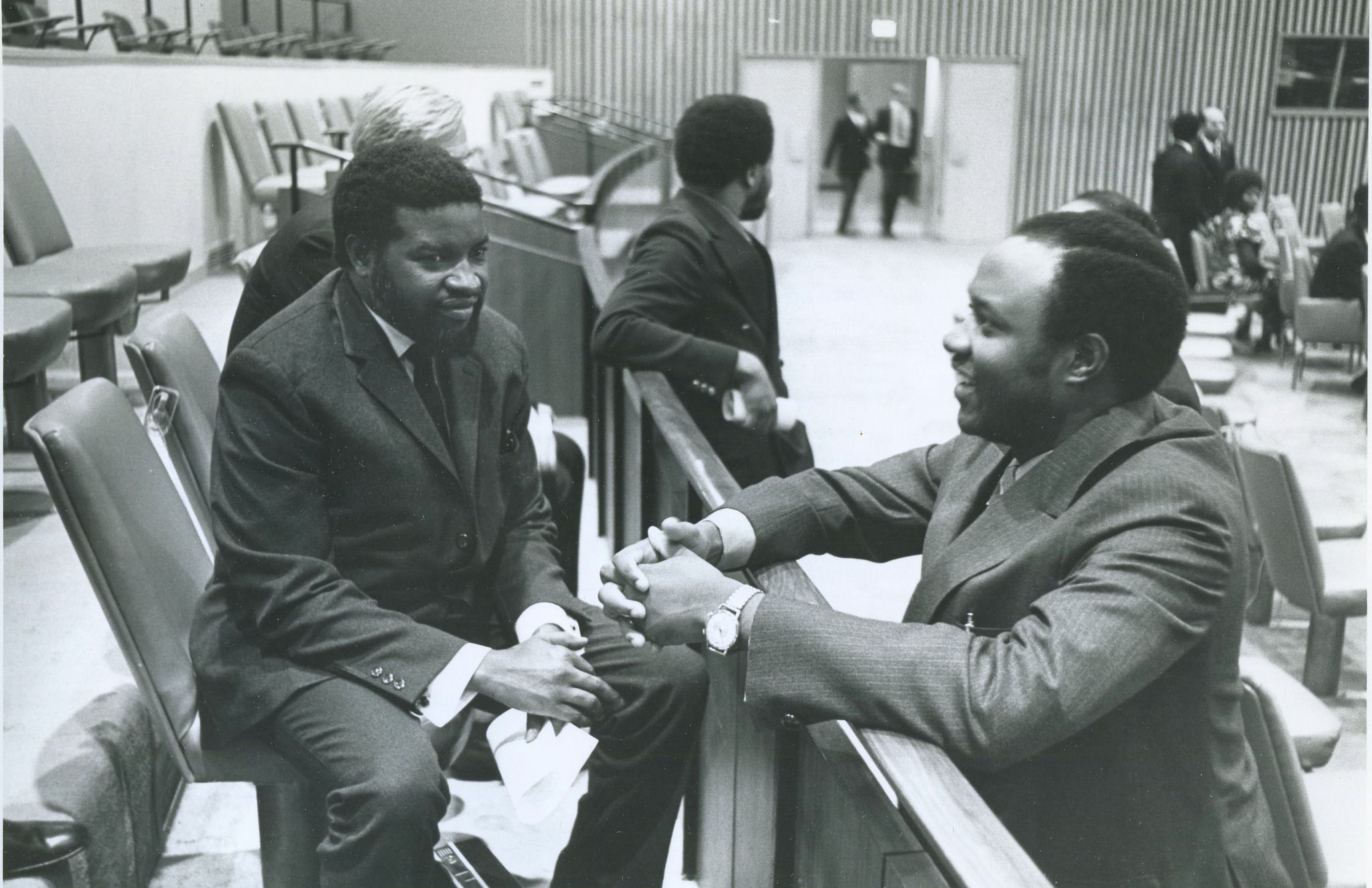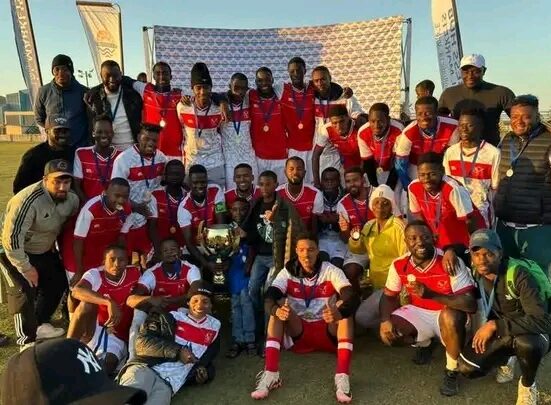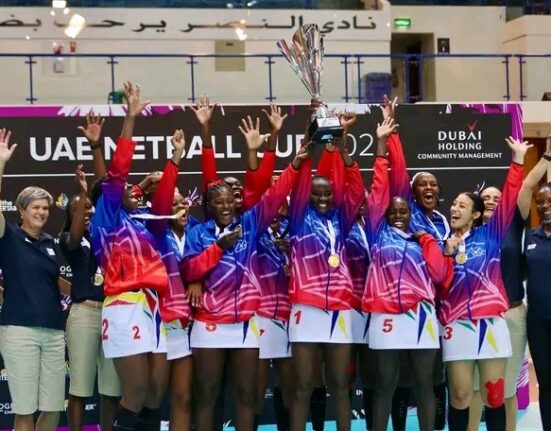Samuel Shafiishuna Daniel Nujoma, born on May 12, 1929, in Etunda, Namibia, is a towering figure in African history. As the founding President of Namibia and the leader of its liberation struggle, Nujoma dedicated his life to the fight against colonialism and apartheid. He led Namibia’s journey to independence after decades of oppression under South African rule, becoming a symbol of resilience and a champion of self-determination.
Nujoma’s legacy goes beyond his political achievements; it is a story of courage, sacrifice, and nation-building. From humble beginnings as a cattle herder to becoming an international advocate for justice, Nujoma’s leadership shaped modern Namibia and inspired countless others across the continent. This article explores 20 key aspects of his life, shedding light on the man behind the titles of “Founding Father of the Namibian Nation” and “Leader of the Namibian Revolution.” His story is not just that of one man, but a testament to the power of collective struggle and the pursuit of freedom.
1. Birth and Early Life
Samuel Shafiishuna Daniel Nujoma, born on May 12, 1929, in Etunda village near Okahao in Namibia, is the eldest of 11 children. His mother, Helvi Mpingana Kondombolo, was a princess of the Uukwambi people, which enhanced his influence later in life.
2. Limited Early Education
Nujoma began formal schooling at age 10 and reached Standard Six, the highest level then available for black Namibians. Despite his limited schooling, he pursued additional education through night classes and correspondence courses.
3. Early Work Experience
At 17, he moved to Walvis Bay to work at a general store, earning 10 shillings a month. He later worked at a whaling station and as a cleaner for South African Railways, which shaped his political awareness.
4. Entry into Politics
Nujoma’s political activism began in the 1950s, influenced by the harsh contract labor system. He co-founded the Ovamboland People’s Organization (OPO) in 1959 to fight apartheid and advocate for Namibian independence.
5. Exile and Advocacy
In 1960, after organizing resistance against apartheid, Nujoma went into exile. He traveled through Africa and to the United Nations, lobbying for Namibia’s independence.
6. Founding SWAPO
In 1960, Nujoma helped transform OPO into the South West Africa People’s Organization (SWAPO), which became the leading force in Namibia’s liberation struggle.
7. Formation of PLAN
Nujoma established the People’s Liberation Army of Namibia (PLAN) in 1962. PLAN launched a guerrilla war against South African rule, starting with the Battle of Omugulugwombashe in 1966.
8. Namibian War of Independence
Nujoma led SWAPO during the Namibian War of Independence, a 24-year struggle for liberation from South African control, which ended in 1990.
9. International Recognition
Throughout the liberation struggle, Nujoma garnered international support, including backing from the Organization of African Unity (OAU) and other global allies.
10. Namibia’s First President
Nujoma became Namibia’s first president on March 21, 1990. He served three terms until 2005, overseeing the nation’s transition from apartheid to independence.
11. National Reconciliation
As president, Nujoma championed a policy of national reconciliation, fostering unity among Namibia’s diverse racial and ethnic groups.
12. Land Reform
Nujoma initiated land reform to address historic inequalities, redistributing farmland from white owners to black citizens. By 2007, about 12% of commercial farmland had been transferred.
13. Pan-African Visionary
Nujoma’s Pan-African ideals were influenced by leaders like Julius Nyerere and Kwame Nkrumah. He advocated for African unity and independence.
14. Autobiography
In 2005, he published Where Others Wavered, chronicling his life and Namibia’s liberation struggle.
15. Honors and Titles
Nujoma has received numerous accolades, including the Lenin Peace Prize, Indira Gandhi Peace Prize, and the Ho Chi Minh Peace Prize. Namibia honors him as the “Founding Father of the Namibian Nation.”
16. Geology Master’s Degree
In 2009, Nujoma earned a master’s degree in geology from the University of Namibia, showcasing his commitment to lifelong learning.
17. Environmental Advocacy
Nujoma has supported wildlife conservation efforts, notably as an international patron of the Cheetah Conservation Fund.
18. Controversial Stances
In 2001, Nujoma faced criticism for calling for the arrest and deportation of homosexuals in Namibia, sparking global outrage.
19. Legacy and Influence
Though retired from politics, Nujoma remains influential in SWAPO and Namibian society, often attending political rallies and public events.
20. Lasting Impact
Sam Nujoma’s leadership transformed Namibia from an apartheid-controlled territory into a peaceful, independent democracy. His contributions have cemented him as a key figure in African liberation history.
Sam Nujoma’s life epitomizes resilience and determination in the fight for justice and freedom, leaving a legacy that continues to inspire Namibians and the world.
Join 'Namibia Today' WhatsApp Channel
Get the breaking news in Namibia — direct to your WhatsApp.
CLICK HERE TO JOIN












